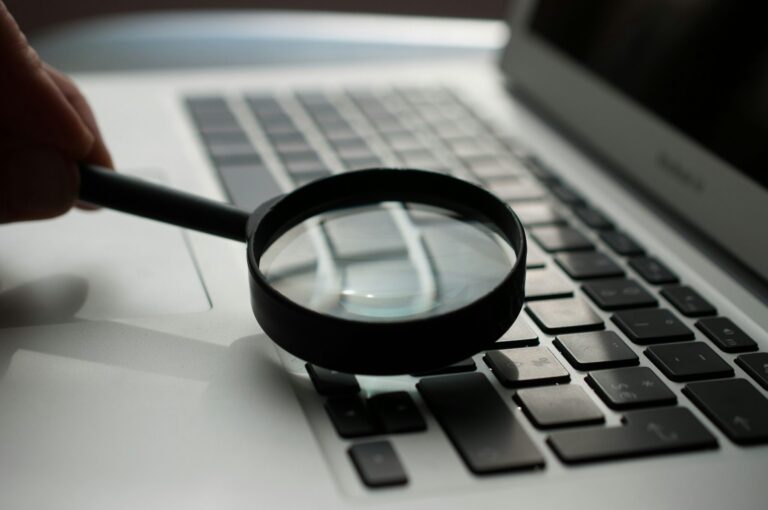New Zealand has now begun to feel the effects of travel restrictions and quarantines, with serious repercussions on our industry and economy. With so much discussion we thought it wise to offer a simple overview because, as recent Guardian headline states, “Misinformation on the coronavirus might be the most contagious thing about it”.
What is it? It’s actually a family of seven different viruses that lead to a respiratory disease. After first appearing in China two months ago it has now spread to 25 countries. There is no current specific vaccine or treatment for it.
What are the symptoms? It starts with a fever and a dry cough. After approximately a week it leads to shortness of breath, and some patients will require hospital treatment at this stage.
Who is at risk? The Ministry of Health is asking people who have visited Hong Kong, Italy, Japan, Republic of Korea, Singapore and Thailand and who have developed symptoms of fever, cough or shortness of breath to seek medical advice by first phoning Healthline’s dedicated COVID-19 number 0800 358 5453 or contact your GP, including phoning ahead of your visit.
Now it has arrived in New Zealand, how do I protect myself and others? Wash your hands (soap and hand gel can kill the virus). Avoid touching your eyes, nose and mouth (if your hands touch a contaminated surface this could transfer the virus). Cover your mouth and nose when coughing and sneezing and don’t get too close to others who are coughing, sneezing or with a fever. And, just like with every other contagious illness, avoid contact with people who are sick.
How is it spread? It is spread like the flu, through direct close contact with a person while they’re infectious, or contact with droplets of bodily fluids when an infected person coughs or sneezes, or contact with an object/surface (with viral particles) and then touching your mouth, eyes or nose.
How deadly is it? It’s hard to say. Near the end of February there were approximately 70,000 confirmed cases of the virus, and more than 1,660 deaths. However these numbers have obviously been changing on a daily basis. Based on data from 17,000 patients with the virus the World Health Organisation states that 82% develop mild symptoms, 15% develop severe symptoms and 3% become critically ill.
What’s the worst reaction to have? There are three things that really don’t help: Panicking, spreading misinformation and blaming certain sections of society.
What should I do now? If you think you have been in contact with someone who has the virus it is important you ‘self isolate’ for 14 days. Avoid contact with other people where possible. Watch all the TV shows you’ve been meaning to watch. Work from home if you can. For everyone else, it’s a matter of being prepared with adequate supplies for a few weeks in case of school closures or other similar events. Don’t panic buy – there’s plenty of available food out there!



